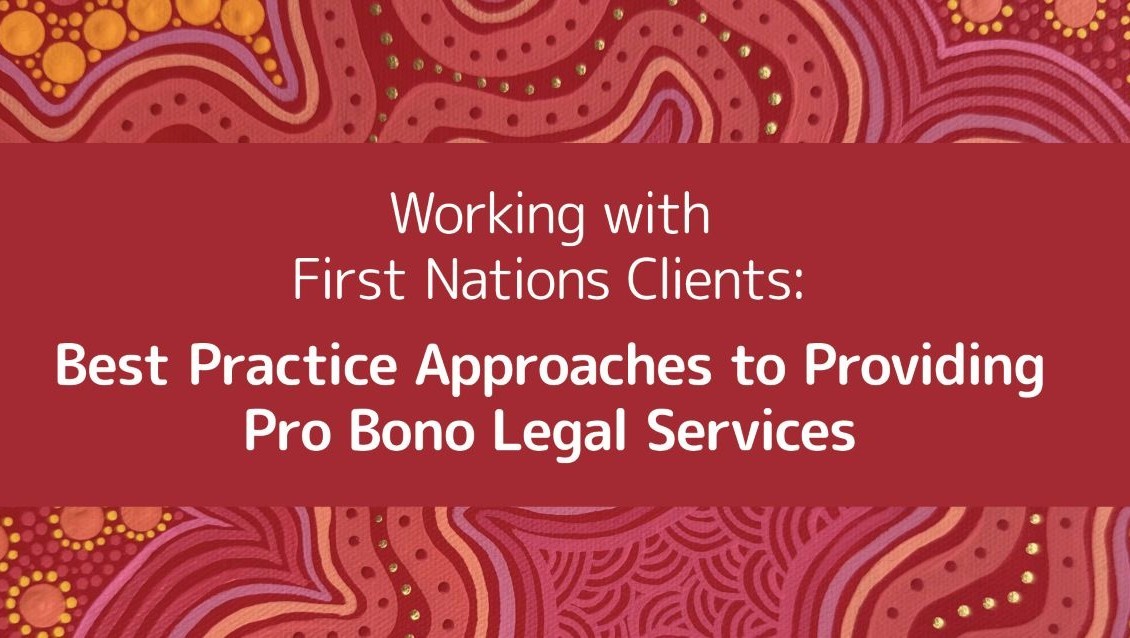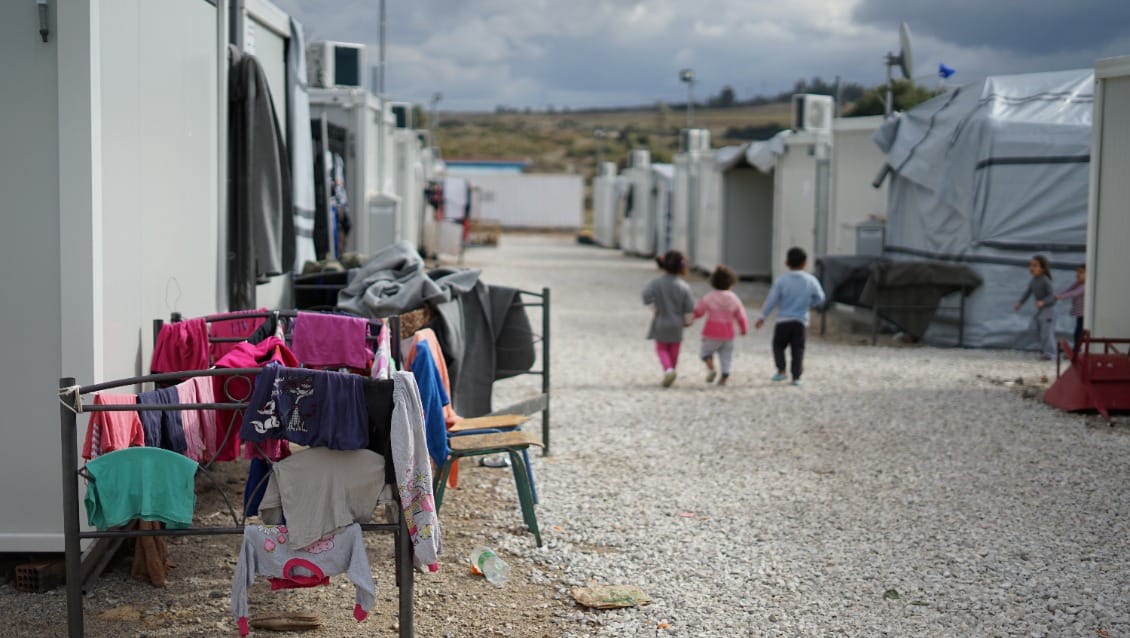
A Guide to Recruiting, Retaining and Remunerating Pro Bono Roles in Large Law Firms

One of the first dedicated pro bono lawyers (now a pro bono partner) explained how
he created his position in the 1990s first as a part-time role:
“I went around to twenty law firms in town, and I said, I’ll make you a deal. I’ll give you
two-thirds of the number of billable hours that you expect from one of your litigation
associates, you pay me two-thirds the usual salary, and let me set aside one-third of my
time for pro bono work…which I thought made perfect economic sense.”
Thirty years later, there are still examples of individual pro bono lawyers, who
subsidise the cost associated with running pro bono practices for large corporate
law firms by accepting salaries equal to about two thirds of the salaries of their
peers working similar hours and performing similar work.
Nicolas Patrick is Head of Responsible Business at DLA Piper International. In this role Nicolas has responsibility for the firm's pro bono practice, which delivers more than 200,000 hours of free legal services annually, as well as other community investments including the firm's Foundation, global scholarships, social mobility programmes, and the firm's global partnership with UNICEF, through which DLA Piper has donated more than £2 million to promote justice for children, plus £6 million in pro bono legal services.
Gabriela Christian-Hare is the CEO of the Australian Pro Bono Centre, Australia’s government-funded centre of leadership for pro bono legal services. Gabriela is responsible for the Centre’s management, strategic direction, and representation of the Centre in a variety of fora and media globally. She is an Australian and UK qualified lawyer and has previously worked in law firms, investment banking and social justice roles in Sydney, London, Tokyo, Jerusalem and Damascus.







